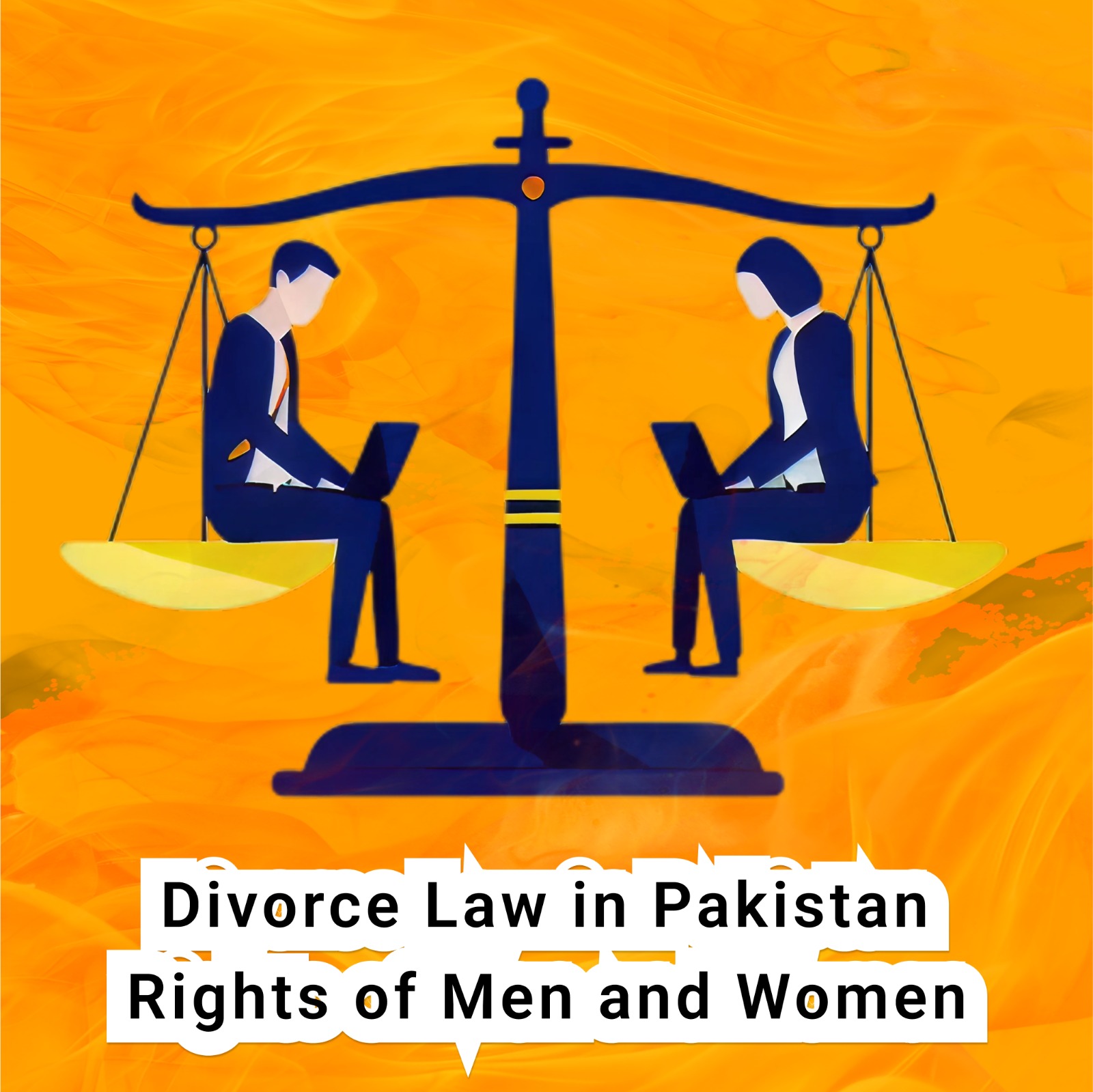digital-services

June 20,2025 • 4 min read
How the Legal Divorce Process in Pakistan Works: A Step-by-Step Guide

Divorce is one of the most difficult decisions in a person’s life, emotionally and legally. In Pakistan, the process is regulated under a combination of Islamic and statutory laws to ensure fairness and clarity for both parties. Knowing your rights and understanding the procedure helps you navigate this journey with more confidence and less stress.
Understanding the Legal Divorce Process in Pakistan
The Legal Divorce Process in Pakistan is primarily governed by the Muslim Family Laws Ordinance (MFLO), 1961, and applied through the local Union Councils and Family Courts. Men and women have different procedures for divorce based on Islamic traditions, but the state ensures a documented, step-by-step framework to formalize the separation and protect both parties legally.
For men, divorce usually occurs through Talaq (verbal declaration), while for women, it often requires filing for Khula (judicial divorce). Regardless of who initiates, legal compliance with notification, reconciliation periods, and documentation is necessary.
Divorce Rights for Men and Women in Pakistan
1. Talaq (For Men)
Under Islamic and civil law, a Muslim man can pronounce divorce (Talaq) unilaterally. However, he must:
-
Submit a written notice of Talaq to the Union Council.
-
Provide a copy to his wife.
-
Observe a 90-day reconciliation period initiated by the Council.
-
If reconciliation fails, the divorce is finalized after 90 days.
2. Khula (For Women)
A Muslim woman can seek a court-ordered divorce known as Khula. The steps include:
-
Filing a Khula petition in Family Court.
-
The court issues a notice to the husband and attempts reconciliation.
-
If no resolution is reached, the court grants divorce.
-
The woman may need to return her Haq Mehr (dower) to finalize the separation.
What Divorce Law in Pakistan Covers
The Divorce Law in Pakistan covers both Islamic principles and statutory requirements. The goal is to provide a legal structure that includes:
-
Clear communication between the spouses and local authorities.
-
A fair opportunity for reconciliation before finalizing the divorce.
-
Legal documentation for identity, future marriages, and inheritance purposes.
-
Rights to child custody, visitation, and financial support.
The law also emphasizes protection for women by allowing them to seek Khula, and includes provisions such as delegated divorce (Talaq-e-Tafweez) if it is written into the marriage contract.
Custody and Financial Responsibilities After Divorce
In most divorce cases in Pakistan, child custody goes to the mother, especially for younger children. The father remains financially responsible for the child's education, medical expenses, and general welfare.
Additionally, if the husband has not yet paid the Haq Mehr, he must do so upon divorce. In some cases, the wife may claim maintenance for herself and her children if she cannot support them on her own.
Important Legal Bodies Involved
Here’s where you must file and process divorce paperwork:
-
Union Council: For registering and confirming Talaq.
-
Family Court: For Khula petitions, custody, and maintenance claims.
-
NADRA: For updating marital status and issuing new documents post-divorce.
Always ensure copies of your divorce certificate are filed correctly, as it’s essential for legal and financial documentation going forward.
Common Challenges and Legal Tips
-
Delays: If either party does not respond or cooperate, legal delays may occur.
-
Incorrect Notices: Divorce can be invalid if the process isn’t followed legally.
-
Custody Disputes: Courts decide based on the child’s best interest.
Tip: Always consult a licensed family lawyer early in the process to avoid legal complications and ensure all notices, petitions, and replies are legally sound.
Conclusion: Know the Law, Protect Your Rights
Divorce is never easy, but understanding the Legal Divorce Process in Pakistan makes the journey more manageable. Whether you’re initiating or responding to a separation, knowing your rights under the Divorce Law in Pakistan ensures you are treated fairly and legally protected.
feloja85 Details
User Profile
- Full name
- feloja85
- Email address
- feloja8566@hosliy.com
- Join Date
- 2025-06-20
- State
- Pakistan
- City
- Islamabad
- Pincode
- Address
- Pakistan
- Follow us on Facebook
- Follow us on Twitter
- Website Name
- https://www.zorservices.co/
- Bio
- Don't wait for justice. Get immediate legal consultation on family, criminal, or civil cases with Zor Services – Pakistan’s legal solution platform.